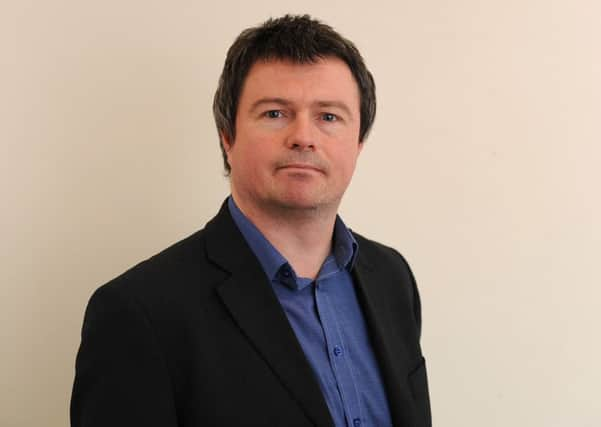11 per cent drop in social care jobs


The council has said the reason for the drop in the number of people employed is a result of budget cuts, restructuring and redundancy according to the figures which have been released by the Health and Social Care Information Centre.
And demand keeps rising. The authority only recently announced that it was having to put council tax up by two per cent after several years of a freeze in order to cope with social care demands. The blame for the increase has been firmly laid by the local authority on the Chancellor and is dubbing it the “Osborne tax.”
Advertisement
Hide AdAdvertisement
Hide AdAs of September 2015, Wigan Council employed 905 people in adult social care, which includes managers, care workers and counsellors, an 11 per cent decrease from 2014.
The figures also show that 65 people started working in the department in the year up to September 2015, but 165 people left, leaving only five vacancies all of which are managerial or supervisory roles.
In total, 80 care workers stopped working for the council and 15 took up new roles but there were no vacancies as of September. 25 social workers left, with 10 starting new jobs and with no vacancies remaining.
Stuart Cowley, assistant director for adult social care at Wigan Council, said: “Wigan Council has embraced the implementation of the Care Act 2014 and created The Deal for Adult Social Care.
Advertisement
Hide AdAdvertisement
Hide Ad“We have transformed the services we deliver to ensure that new conversations with people needing care and support adopt an asset based approach – focusing on people’s strengths and ambitions to enable innovative and personalised social care solutions.
“We remodelled our workforce to ensure that we have the right staff in the right place at the right time with the right values, attitudes and behaviours to support this new way of working.
“This has enabled us to eliminate duplication across our teams and to become much more efficient, whilst more importantly improving outcomes for people using care and support services.
“Whilst not reducing the numbers of registered social workers required to manage the most complex cases, we increased the numbers of vocationally qualified staff to provide early intervention and prevention services.
Advertisement
Hide AdAdvertisement
Hide Ad“All of this has involved much greater interaction, support and partnership working with the voluntary and third sector to develop community facing support solutions.
“We have been able to further streamline the adult social care workforce through investing in technology for our front line staff to reduce back office systems and by significantly reducing duplication of roles in partnership with our colleagues in health and across the council.”
Nationally, the total number of council-based adult social services staff has decreased by 25 per cent over the last five years, according to the HSCIC.
The number of council-based adult social services jobs has fallen from 159,400 in 2011, the first year of comparable data, to 120,200 in 2015, a reduction of 39,200 jobs, or 25 per cent over the period.
Focusing specifically on movement between 2014 and 2015, the number adult social care jobs in councils decreased by eight per cent (9,900 jobs) from 130,100 reported in 2014.